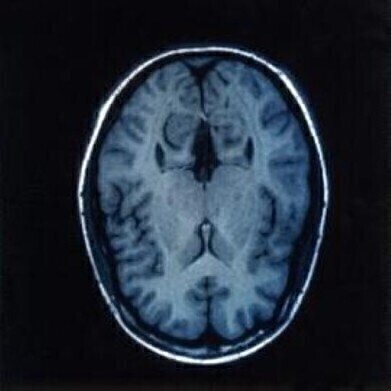-
 Potential drug targets for brain tumours found
Potential drug targets for brain tumours found
Bioanalytical
Potential drug targets for brain tumours found
Apr 07 2014
A group of researchers have found that a rare and fatal brain tumour in children has several molecular alterations that drive the cancer.
This new study from scientists at Dana-Farber/Boston Children's Cancer and Blood Disorders Center and McGill University could help identify potential new targets for drug treatments. This would mean that doctors could better target the disease, therefore increasing the chance of fighting pediatric high-grade astrocytomas. This form of brain cancer is especially difficult to treat with radiation and surgery as the tumours are resistant to 250 chemotherapy drugs and combination attempts over the past three decades.
The study, published in Nature Genetics, involved the researchers using tumour biopsy samples to identify a number of mutations or discrepancies in the DNA code. The team also identified epigenetic changes, which alter how genes are expressed, and found that at least two of these new mutations could be blocked by existing drugs. Current pharmaceuticals available would not affect the other molecular targets found but it is possible that appropriate drugs could be developed in the future.
These results offer new insight about how these rare and aggressive tumours are built and the types of treatment that could be used to target their abnormal molecular changes.
"For the most malignant tumour in pediatrics, we finally are beginning to gain a handle on the development of this disease, which is critical to devising effective therapies," said Dr Mark Kieran, a neuro-oncologist and clinical director of the Brain Tumor Center at Dana-Farber/Boston Children's.
Dr Kieran and neuropathologist Dr Keith Ligon are both co-senior authors of the study, along with two other researchers.
The findings can partly be attributed to previous research conducted at the Boston Children's Hospital, which began more than a decade ago to try and create a collaborative "precision medicine" clinical trial.
The trial was designed to make discoveries that would change the treatment for children with the most aggressive form of brain tumour - diffuse intrinsic pontine glioma (DIPG). DIPGs develop in the brainstem, making them impossible to remove safely through surgery.
Digital Edition
Chromatography Today - Buyers' Guide 2022
October 2023
In This Edition Modern & Practical Applications - Accelerating ADC Development with Mass Spectrometry - Implementing High-Resolution Ion Mobility into Peptide Mapping Workflows Chromatogr...
View all digital editions
Events
Apr 23 2024 Kintex, South Korea
Apr 23 2024 Seoul, South Korea
Apr 28 2024 Montreal, Quebec, Canada
May 05 2024 Seville, Spain
May 15 2024 Birmingham, UK













